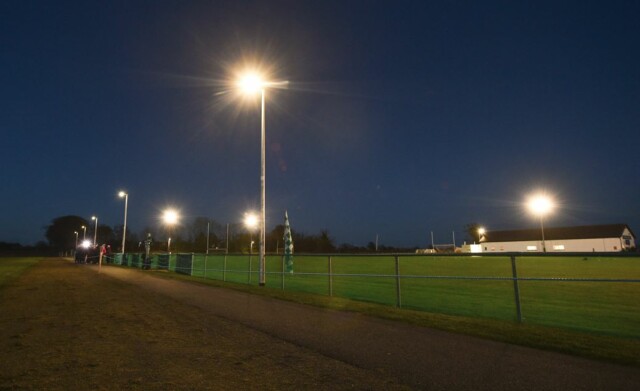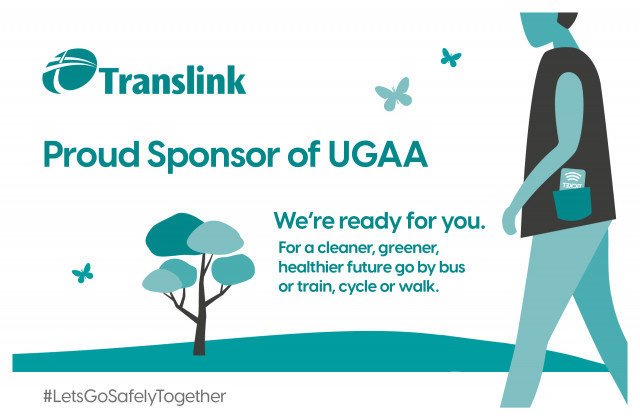Sub Committees: The importance of sharing the workload

One of the most effective methods of sharing and delegating work in a GAA club is through the appointment of Sub-Committees.
The appointment of Sub-Committees is a valuable way of involving and interesting a large number of Club members in management and policy making by giving them a definite part to play in the life of the Club.
The extent to which Sub-Committees are used will depend largely on the size of the Club. There are advantages for the Club in the appointment of sub-committees in that they allow decision making by a smaller group while allowing members with specific expertise to concentrate on their particular area of interest.
Appointing and Managing Sub-committees:
A sub-committee is usually appointed to take charge of one part of the Club’s activities e.g. finance, games development etc. The Executive Committee has the sole right to appoint sub-committees in the Club and has the power to nominate the Chairman of the Club sub-committees as per the GAA Club Constitution.
It is advisable that the Executive Committee should appoint one of its members as the subcommittee Chairman and he/she can then report regularly to the Executive Committee. It is recommended that a sub-committee should consist of no more than five members and should report to each Executive Committee Meeting.
Sub-Committees are generally quite small but can be given powers of co-option of people outside of the Executive Committee who are considered to have particular expertise in a certain area.
Finding the People
Sharing the work depends on finding people with whom to share it. There is no one way of doing this. It depends very much on personal contact and friendly persuasion, perhaps asking first for help with one special event. Never refuse an offer of help. Always support and praise, never discourage or criticise as this dissuades others. For more on this, consult the ‘Volunteer Section’ of the Club manual.
How many sub-committees should a Club have?
This depends entirely on each individual Club. Some clubs may find that the Executive Committee is the only committee required to administer the Club, others may find that one or two sub-committees are needed. The decision to set up sub-committees is up to each individual Club.
The following are examples of sub-committees that can exist in clubs:
Finance Sub Committee
This sub-committee should be responsible for fund-raising and/or have an advisory and monitoring role in regard to general finance, e.g. formulation, monitoring and control of budgets. The Club Treasurer should be chairperson of this committee.
Coaching and Games Development Sub Committee
This sub-committee should be responsible for ensuring that a sufficient games programme exists in the Club and that various GAA Games Development initiatives are being used to maximum potential. It should also ensure that there is a Club/school link in operation in the Club. The Club Coaching and Games Officer should be chairperson of this committee.
Social and Cultural Sub Committee
This sub-committee should plan a programme of social and cultural activity involving as many people as possible. It should include in its programme, a plan for active cooperation in the promotion of the Irish language, music etc. The Club Irish Language and Cultural Officer should be chairperson of this committee.
Pitch Maintenance Sub-Committee
Sub Committee This group should be responsible for maintaining the Club playing fields and making sure that all is in order for the playing of games. The Club Development Officer should be chairperson of this committee.






